Opponents of a military coup in Sudan have called for nationwide protests on Saturday to demand the restoration of a civilian-led government to put the country back on a path to democracy after decades of authoritarian rule.
Thousands of Sudanese have already taken to the streets this week to protest against General Abdel Fattah al-Burhan ousting Prime Minister Abdalla Hamdok’s cabinet in a coup that led Western states to freeze hundreds of millions in aid.
With at least 11 protesters killed in clashes with security forces, opponents of the junta fear a full-blown crackdown and more bloodshed.
“The army should go back to its barracks and give the leadership to Hamdok,” said an activist who gave his name as Mohamed, who plans to protest. “Our demand is a civilian country, a democratic country, nothing less than that.”
The United States, which is calling for the restoration of the civilian-led government, said how the army reacts on Saturday will be a test of its intentions.
“We call on the security forces to refrain from any and all violence against protesters and to fully respect the citizens’ right to demonstrate peacefully,” said a senior State Department official, briefing reporters on condition of anonymity.
- World Bank halts Sudan operations in blow to coup leaders, strike calls gain support
- Senior aide to Myanmar’s Suu Kyi sentenced to 20 years in prison
U.S. Secretary of State Antony Blinken said Sudan’s security forces must respect human rights and any violence against peaceful demonstrators was “unacceptable”.
The United States continues to stand with “Sudan’s people in their nonviolent struggle for democracy”, he said on Twitter.
The U.N. Special Representative in Sudan, Volker Perthes, said in a statement that he remained in constant contact with all sides to facilitate a political solution.
With internet and phone lines restricted by the authorities, opponents of the coup have sought to mobilise for the protest using fliers, SMS messages, graffiti, and neighbourhood rallies.
Neighbourhood-based resistance committees, active since the uprising against deposed President Omar al-Bashir that began in December 2018, have been central to organising despite the arrests of key politicians.
Bashir, who ran Sudan for nearly three decades, was deposed by the army following months of protests against his rule.
Khartoum committee activist Hussam Ibnauf he was confident of a big turnout. There was now “no fear factor”, he said.
“Everyone on the street … they know about October 30. If they know, the rest is easy,” he said.
IOL













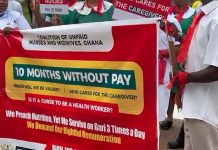

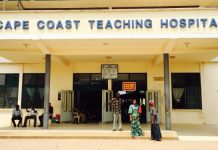
















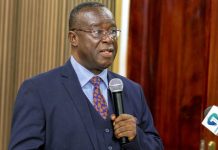
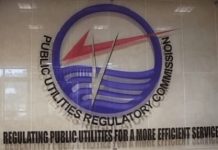





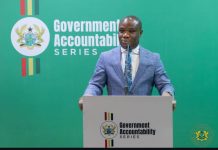
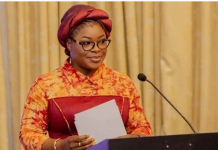









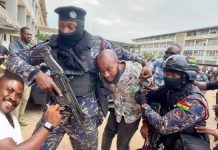
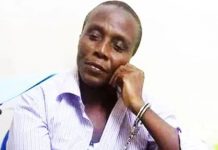


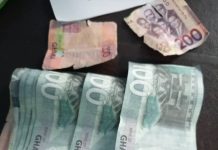
![[FREE FREE MONEY] Predict and Win a Guaranteed GH¢200 From Us EVERY WEEK](https://wordpress.ghanatalksradio.com/wp-content/uploads/2022/02/Predict-and-Win-Final-09-03-2021-218x150.jpg)
![[Predict & Win – 8th/Oct.] WIN A Guaranteed ¢200 From Us This Week](https://wordpress.ghanatalksradio.com/wp-content/uploads/2021/10/maxresdefault-16-218x150.jpg)
![[Predict & Win – 2nd] WIN A Guaranteed ¢200 From Us This Week](https://wordpress.ghanatalksradio.com/wp-content/uploads/2021/09/maxresdefault-50-218x150.jpg)
![[Predict & Win – 25th] WIN A Guaranteed ¢200 From Us This Week](https://wordpress.ghanatalksradio.com/wp-content/uploads/2021/09/maxresdefault-36-218x150.jpg)
![[Predict & Win – 18th] WIN A Guaranteed ¢200 From Us This Week](https://wordpress.ghanatalksradio.com/wp-content/uploads/2021/09/maxresdefault-23-218x150.jpg)
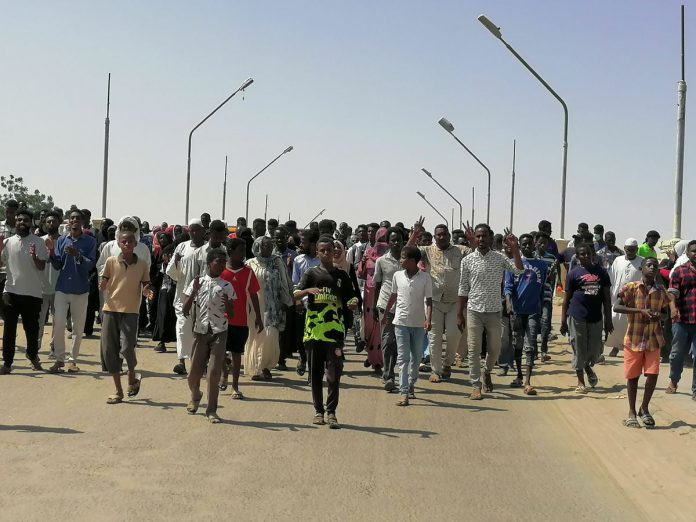


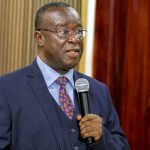







![[National cathedral] See full list of churches that have contributed since 2018](https://wordpress.ghanatalksradio.com/wp-content/uploads/2020/09/Ghana-National-Cathedral-GhanaTalksRadio-100x70.jpg)



